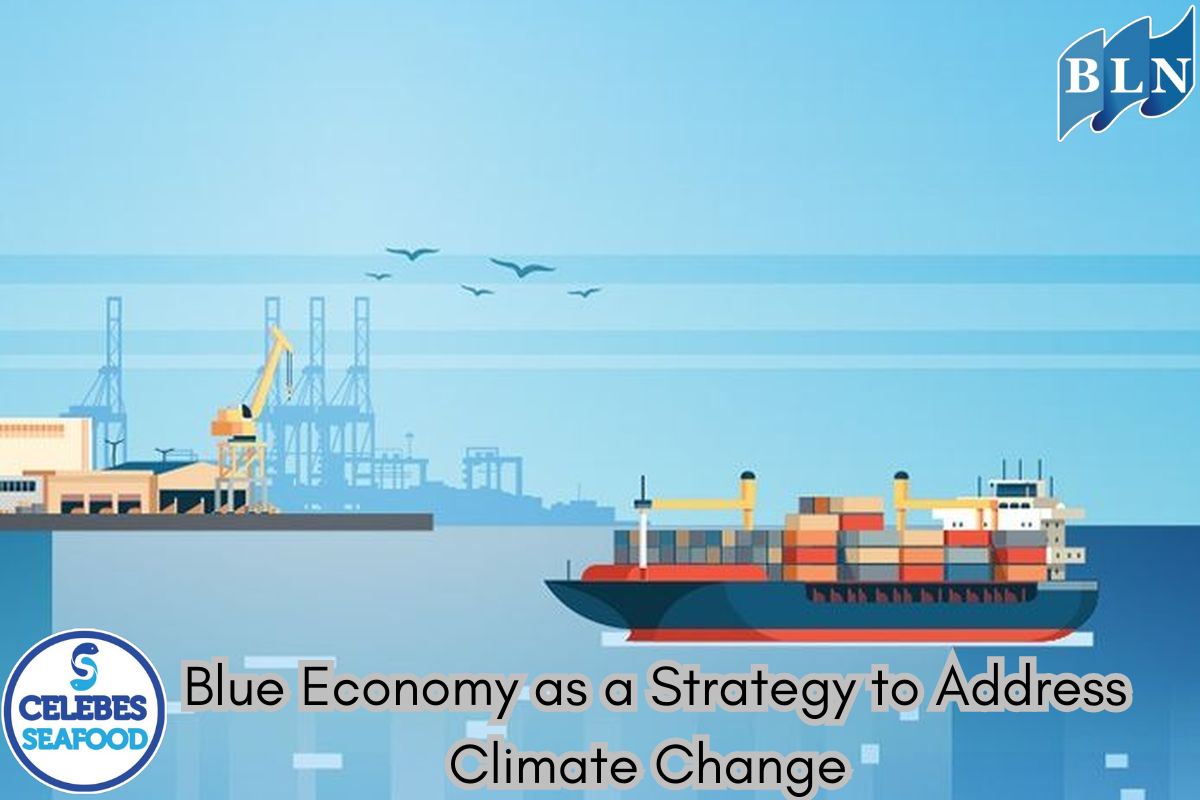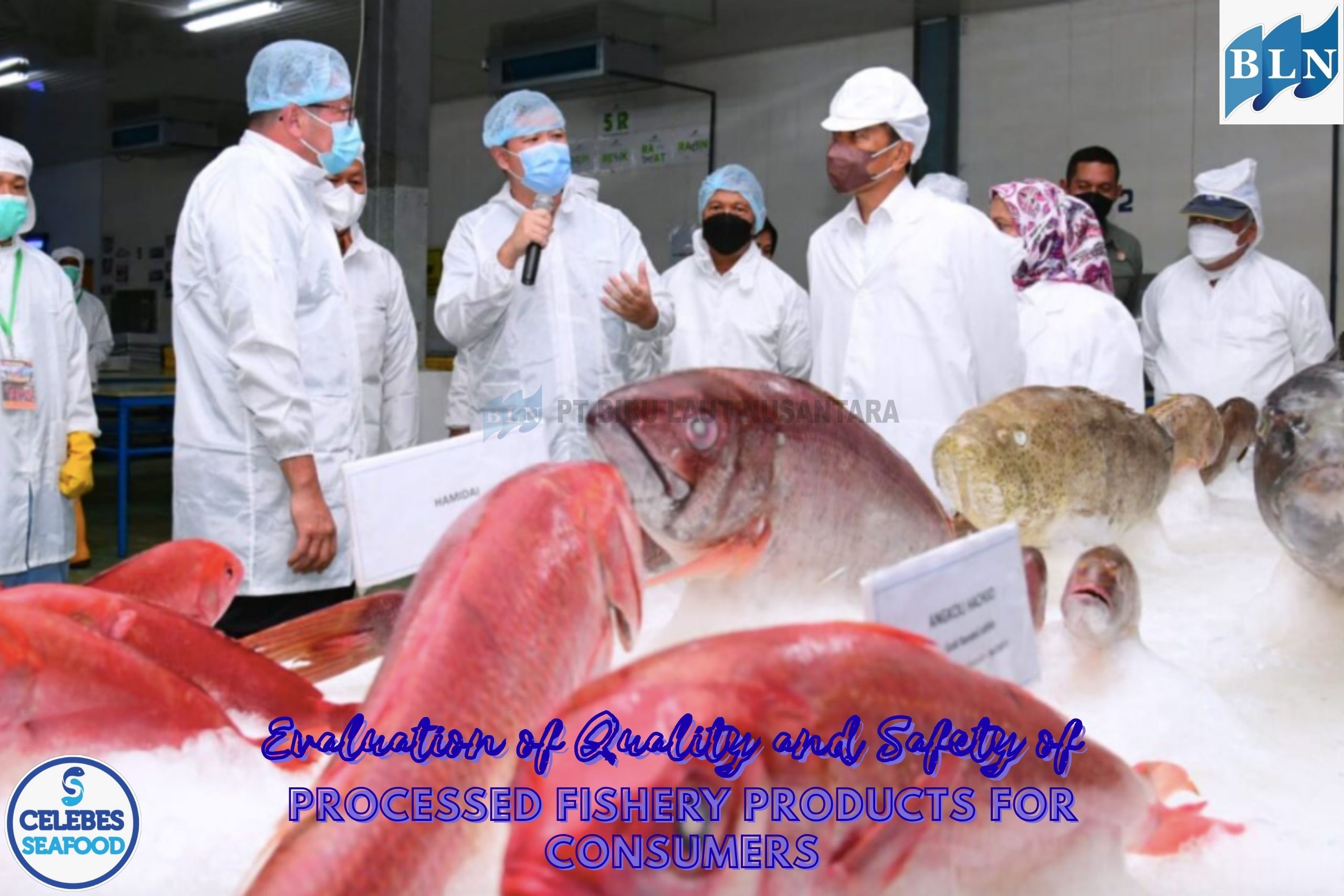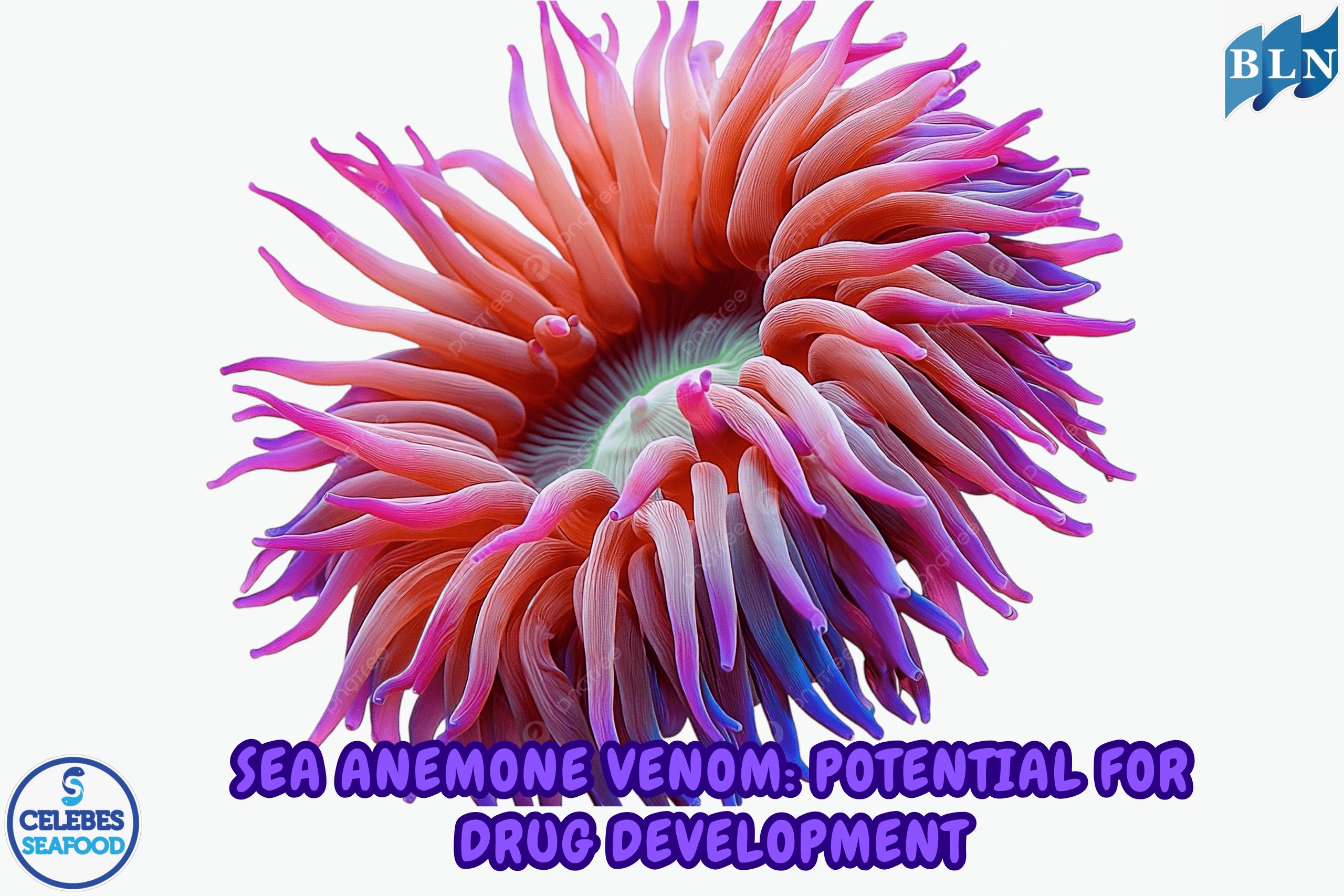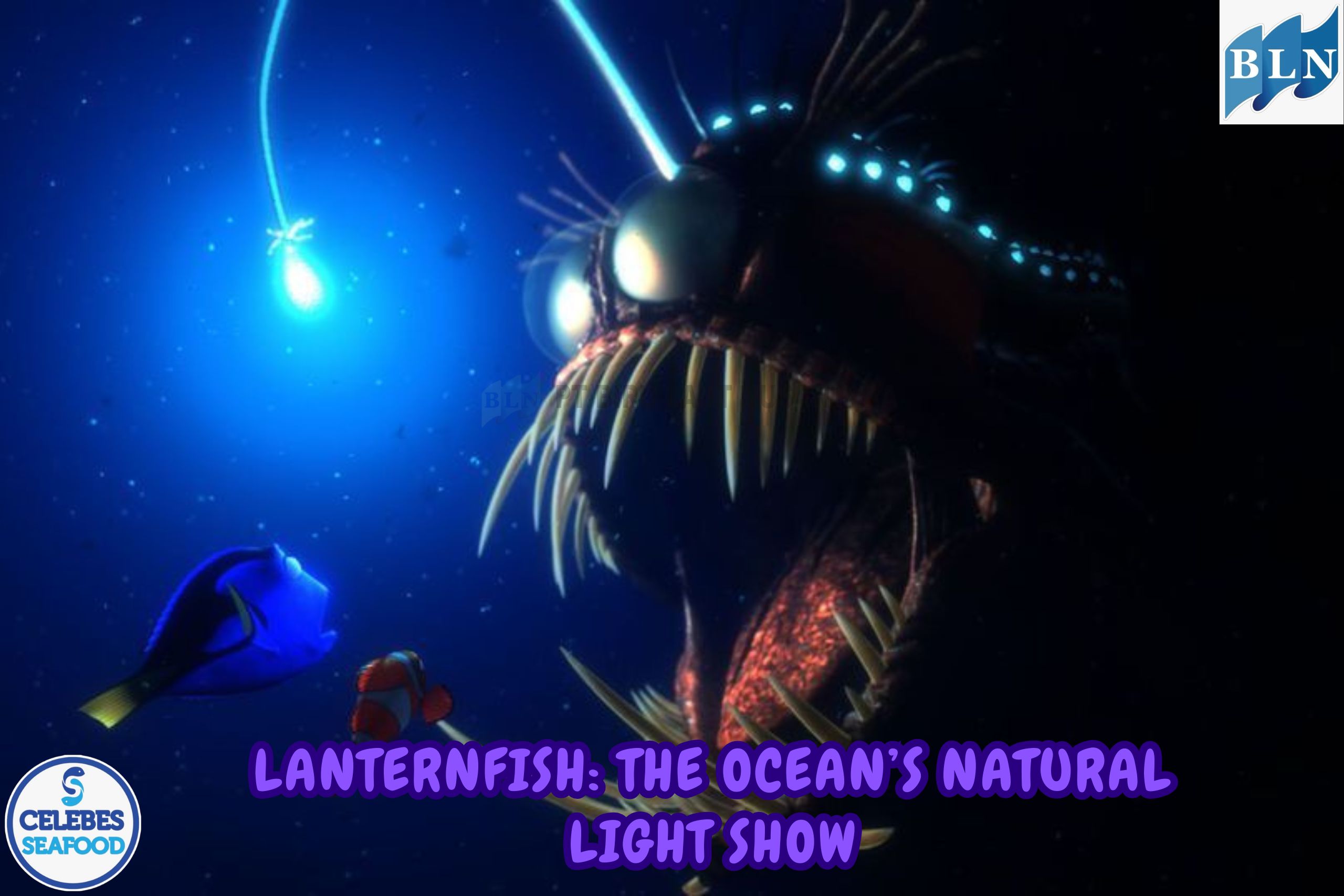Blue Economy as a Strategy to Address Climate Change
By. Tri - 03 Sep 2025
lautnusantara.com_ The blue economy is a development concept that harnesses the potential of the ocean sustainably to support economic growth, improve community welfare, and preserve ecosystems. In the context of the global climate crisis, the blue economy emerges as an essential strategy to reduce the impacts of climate change while strengthening environmental and social resilience.
The Ocean as the Frontline in the Climate Crisis
The ocean plays a vital role in regulating the Earth’s climate. Covering about 70% of the planet’s surface, it absorbs massive amounts of carbon dioxide (CO₂) and stores heat. However, climate change has begun to undermine ocean health, leading to warming sea surface temperatures, ocean acidification, and rising sea levels. These conditions threaten key ecosystems such as coral reefs, mangroves, and seagrass beds, which function as natural carbon sinks.
The Blue Economy as a Solution
Through the blue economy approach, the ocean can become central to both climate change mitigation and adaptation:
- Marine Ecosystem Conservation
Mangroves, coral reefs, and seagrass beds are known as blue carbon ecosystems that can absorb and store carbon more effectively than terrestrial forests. Protecting and restoring these ecosystems not only enhances carbon sequestration but also safeguards coastlines against erosion. - Renewable Ocean Energy
The potential of wave, tidal, current, and offshore wind energy provides opportunities for clean energy development, reducing dependence on fossil fuels—the main driver of climate change. - Sustainable Fisheries
Well-managed fisheries prevent overfishing and maintain balance within marine food chains, contributing to food security amid unpredictable climate conditions. - Marine Ecotourism
Conservation-based tourism supports coastal economies while raising awareness about the importance of protecting the ocean as a natural defense against climate change.
Challenges in Implementation
Despite its promise, the blue economy faces significant challenges, including:
- Weak regulations and law enforcement related to marine pollution.
- Limited public awareness of the role of coastal ecosystems in addressing climate change.
- Lack of technology and funding to advance renewable ocean energy.
The blue economy is not merely an economic strategy but also a collective effort to save the planet from the impacts of climate change. By combining conservation, innovation, and community involvement, the blue economy can serve as a long-term solution that ensures the sustainability of marine resources while protecting future generations.
If you are interested in our Coral Trout Fillet Skin On, CORAL TROUT WGG WHOLE GILLED GUTTED please do not hesitate to contact us through email and/or whatsapp.







